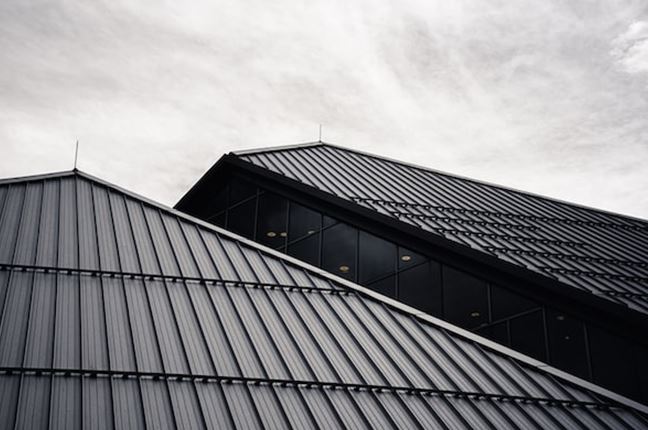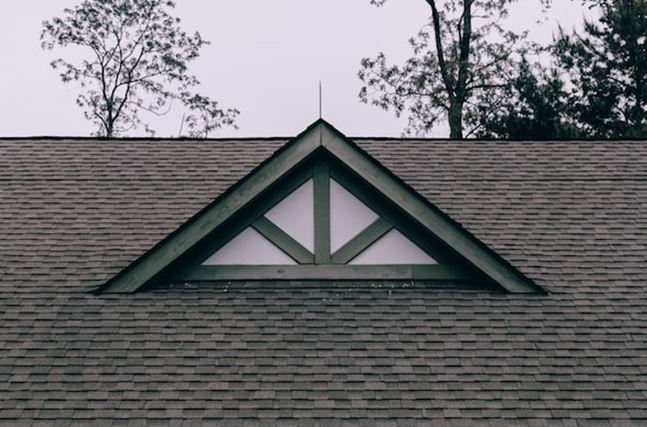As you can see your roof is a significant investment in your home, and you will need to make an informed decision when choosing a new roofing system. However, many homeowners find that they don’t know what to do or where to start. Fortunately, there are resources available to assist you. In Massachusetts, homeowners must consider factors such as climate, budget, and material durability. In this article, we’ll explore several aspects homeowners need to keep in mind when selecting a new roof for their Massachusetts home.
Evaluating Roofing Material Options
Homeowners in Massachusetts have numerous roofing material options to choose from, including asphalt shingles, wood shakes, metal roofing, and slate tiles. Each material has its pros and cons, and you have to weigh these factors carefully to find the best fit for your home. The most common roofing material is asphalt shingles, which are relatively affordable and provide a good balance between durability, aesthetics, and ease of installation. The material you choose can noticeably impact the new roof cost Massachussets.
Wood shakes offer a unique, rustic appearance and can be an attractive option for homeowners seeking a more traditional look for their homes. However, they may require more maintenance and are not as durable as other roofing materials. Metal roofing, on the other hand, is highly durable and provides excellent protection against wind and water damage. It’s also energy-efficient and environmentally friendly, making it an increasingly popular choice for Massachusetts homes.
Slate tiles are another option for homeowners in the region, as they provide a timeless and elegant appearance. They are also highly durable and fire-resistant, but they can be expensive and challenging to install. When evaluating roofing materials, consider factors such as cost, durability, aesthetics, and ease of installation to make an informed decision.
Understanding Climate and Weather Challenges
One of the most critical factors to consider when choosing a new roofing system in Massachusetts is the local climate and weather challenges. Massachusetts experiences a diverse range of weather conditions, from heavy snowfalls in the winter months to strong coastal winds and rainstorms. These challenges can cause wear and tear on your roof, affecting its lifespan and performance. You need to select roofing materials that can withstand these harsh conditions, ensuring your new roof remains structurally sound and free from leaks.
For instance, homeowners in Massachusetts should consider investing in roofing materials with high wind resistance, such as asphalt shingles with a Class D or Class G rating. These materials are designed to withstand winds up to 120 to 150 mph, offering better protection against strong coastal storms. Additionally, look for materials that have excellent water resistance and insulation, as this will enable your roof to better withstand the heavy snowfalls commonly experienced in the region.
Ventilation is also an integral aspect to consider, as proper attic ventilation allows moist air to escape and keeps the roof dry during winter months. This can prevent the formation of ice dams on your roof, which can cause substantial damage and lead to costly repairs. A professional roofing contractor can help you choose the best ventilation system for your Massachusetts home, ensuring your new roof stands up to the region’s unique weather challenges.
Maintaining Your New Roofing System
Proper maintenance is required to maximize the lifespan of your new roofingns and maintenance can help prevent minor issues from becoming problems, ultimately saving you time and money in the long run. Some key maintenance tasks include keeping gutters clean, inspecting flashings and seals for damage, and keeping your attic well-ventilated to prevent moisture build-up during winter months.
While some maintenance tasks can be performed by homeowners, you may need to hire a professional contractor for more complex work and regular inspections. A qualified roofing contractor can identify and address potential issues, ensuring that your new roofing system continues to perform optimally throughout its lifespan. Keep in mind that proper maintenance is not only necessary for maximizing your roof’s performance but is often required to maintain warranties offered by manufacturers and contractors.
As you can see, when it comes to choosing a new roofing system in Massachusetts, it’s essential to consider factors such as the local climate, available roofing materials, hiring a reliable contractor, and maintaining your new roof. By taking these aspects into account, you can make an informed decision that ensures your new roof is a long-lasting and valuable investment for your home. If you follow the advice in this article, you’ll have a high-quality roof for years to come.


